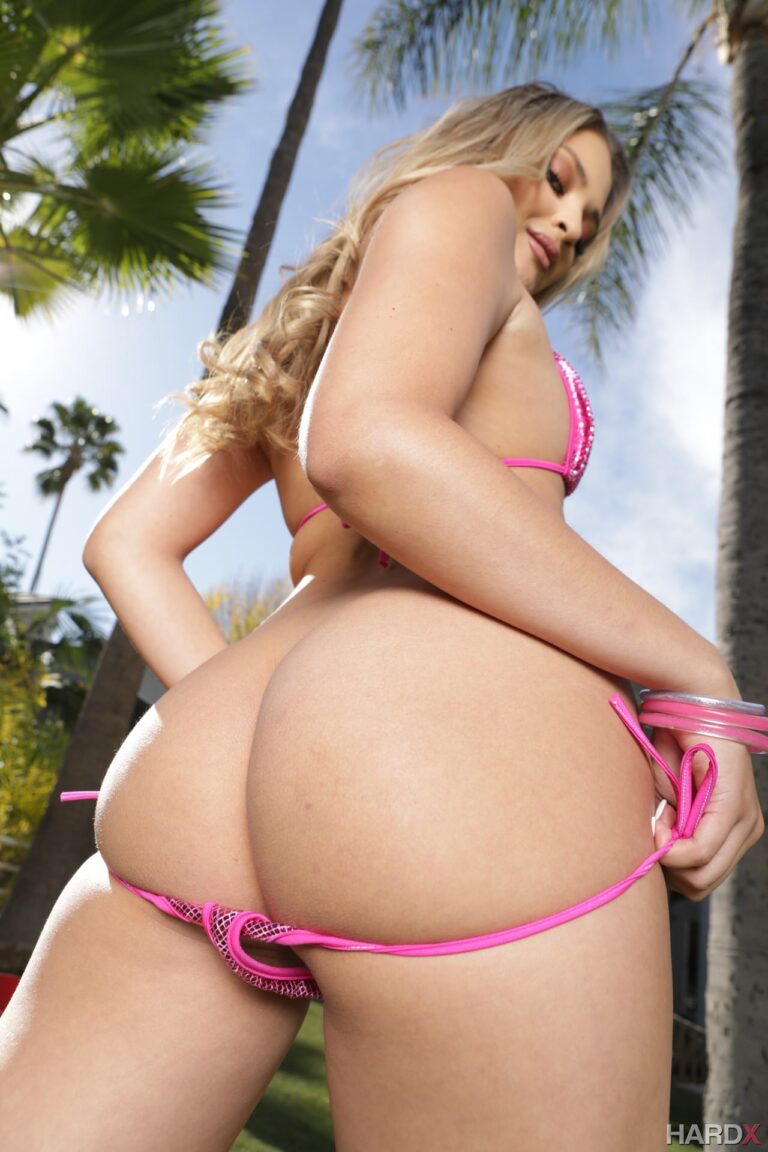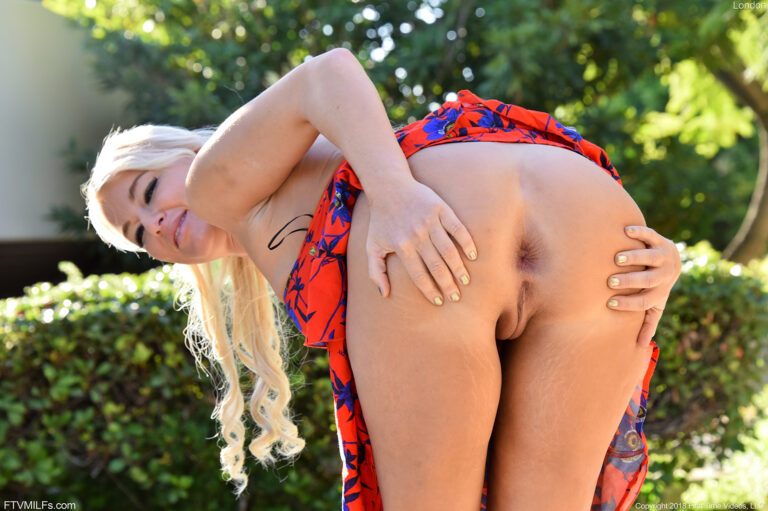Erotic Literature: Arousing the Imagination
Erotic literature, also known as erotica, has been around for centuries, serving as a medium for exploring human sexuality and desire. From the ancient Greek erotic poetry to the modern-day erotic novels, this genre has continually evolved, reflecting the changing societal attitudes towards sex and sexuality.
At its core, erotic literature is about arousing the imagination. It’s not just about explicit sex scenes, but also about the build-up, the tension, the anticipation. It’s about creating a world where the reader can explore their desires and fantasies in a safe and consensual way.
One of the key aspects of erotic literature is its ability to explore a wide range of themes and perspectives. It can delve into power dynamics, taboo desires, and even gender and sexuality issues. For instance, an erotic story might explore a dominant-submissive gratis porn clips relationship, a forbidden love affair, or a person’s journey of self-discovery and acceptance of their sexual orientation.
However, it’s important to note that erotic literature is not one-size-fits-all. Different people have different preferences and turn-ons, and the genre caters to this diversity. Some might prefer romantic, tender love scenes, while others might be more attracted to raw, explicit descriptions. The beauty of erotic literature lies in its ability to cater to these varied tastes and preferences.
But what about the ethical implications of erotic literature? Some might argue that it promotes objectification and unrealistic expectations about sex and body image. However, when consumed responsibly and with a critical eye, erotic literature can actually have positive effects. It can help individuals explore their own sexuality, improve their communication skills, and even enhance their sexual relationships.
Moreover, erotic literature can serve as a platform for marginalized voices and perspectives. It can provide a space for individuals who are often silenced or stigmatized in mainstream media to express their desires and experiences. For instance, erotic literature can offer a platform for LGBTQ+ writers to tell their stories and challenge societal norms.
In conclusion, erotic literature is a complex and multifaceted genre that offers a unique blend of arousal and imagination. It’s not just about explicit sex scenes, but also about exploring themes and perspectives that are often overlooked or stigmatized in mainstream media. When consumed responsibly and with a critical eye, erotic literature can be a powerful tool for personal growth, sexual exploration, and social change.







